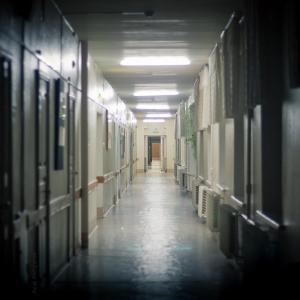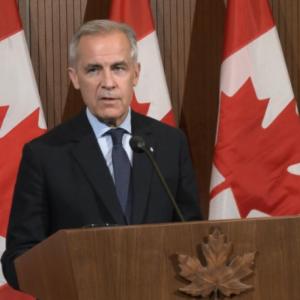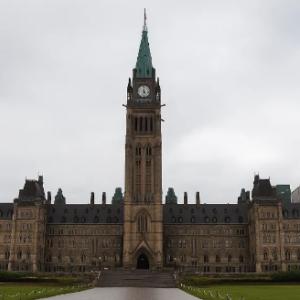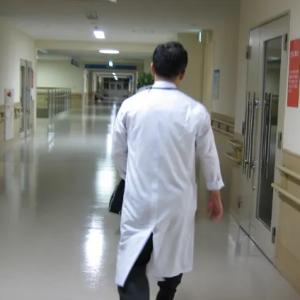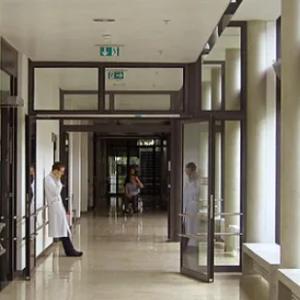Why you should never kiss a baby
There is a cognitive bias called “the curse of knowledge” (sometimes also called “the curse of expertise”). It happens when you incorrectly assume that everyone knows as much as you do on a given topic. As a clinical microbiologist, I assumed everyone knew that it was a terrible idea to kiss a newborn baby anywhere on its head.
Dr Karan Raj, an NHS surgeon, recently made a TikTok warning people of the dangers of kissing a baby and judging by the thousands of comments, this was news to many on the social media platform.
Late last year, a UK charity called The Lullaby Trust published the result of a survey which revealed that 54% of new and expectant parents would “let friends and family kiss their newborn baby, unaware of the risk of serious infection”.
But why is it so dangerous to kiss a newborn?
A baby’s immune system is not fully developed when they are born, so their risk of catching a serious infection is much higher.
For the first three months or so, the infant’s immune system has fewer innate infection-fighting immune cells, such as neutrophils and monocytes, compared with adults, which means that infections that cause mild symptoms in adults or older children can be life-threatening for babies.
The herpes virus infection is one such example. In adults, herpes causes cold sores, but babies can quickly become seriously ill after catching the virus. If the herpes only affects the baby’s eyes, mouth or skin, most will recover after antiviral treatment. But if the virus becomes systemic and affects the baby’s organs, the infection is much more serious and can even be deadly. The younger the baby, the more vulnerable they are to infection by herpes, particularly in the first four weeks after birth.
Newborn babies are also more vulnerable to infectious bacteria than older children and adults and are especially susceptible to infections with intracellular pathogens (bacteria that can enter and survive inside the cells of the host organism), such as group B streptococci (GBS). These bacteria often live in their host’s gastrointestinal and genital tracts without causing illness. GBS infections in babies cause sepsis, pneumonia, meningitis and blood infections.
Babies are also susceptible to infections by E coli strains that are not harmful to adults, causing them pneumonia, meningitis and sepsis, all of which can have serious outcomes.
Showing affection – safely
Parents of very young babies should not feel uncomfortable about asking visitors to avoid kissing or touching their child. If the visitor really cares for the wellbeing of the infant, they should not feel offended by the request. And the parents should not feel they are overreacting.
The kindest action of any visitor is to not put a baby at risk, but if for good reasons you must kiss the baby there are some things that can reduce the infection danger you pose.
First, make sure you wash your hands thoroughly. And avoid kissing the infant on the mouth or face. Kiss their foot or the back of their head. If you have an active infection of any kind, think about whether you really need to visit the baby at all, particularly if the child is less than a month old.
Herpes infections are particularly serious for very young babies, so cover up any cold sores with a dressing.
If you are unwell but feel you cannot stay away from visiting the child, wear a mask and avoid closely approaching the newborn, particularly if you have a respiratory illness.
Always keep in mind that babies are very vulnerable to infection. Although kissing them is a sign of love, it can make a newborn seriously unwell – and you’d feel terrible if that happened.![]()
Primrose Freestone, Senior Lecturer in Clinical Microbiology, University of Leicester
This article is republished from The Conversation under a Creative Commons license. Read the original article.

